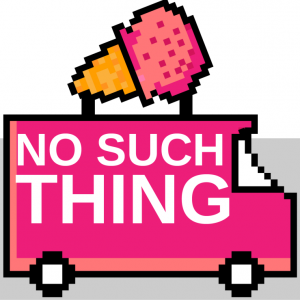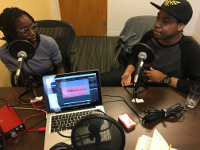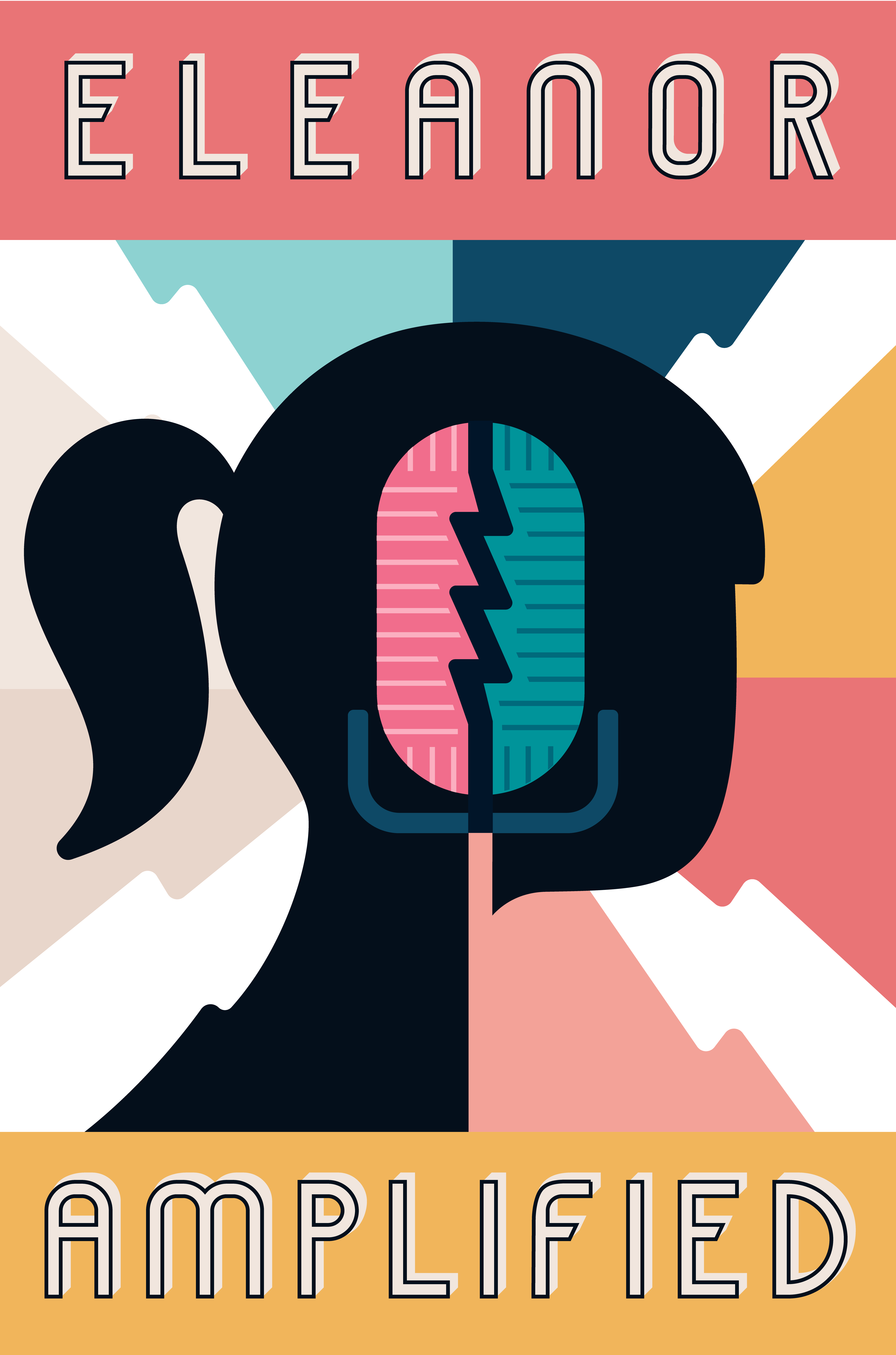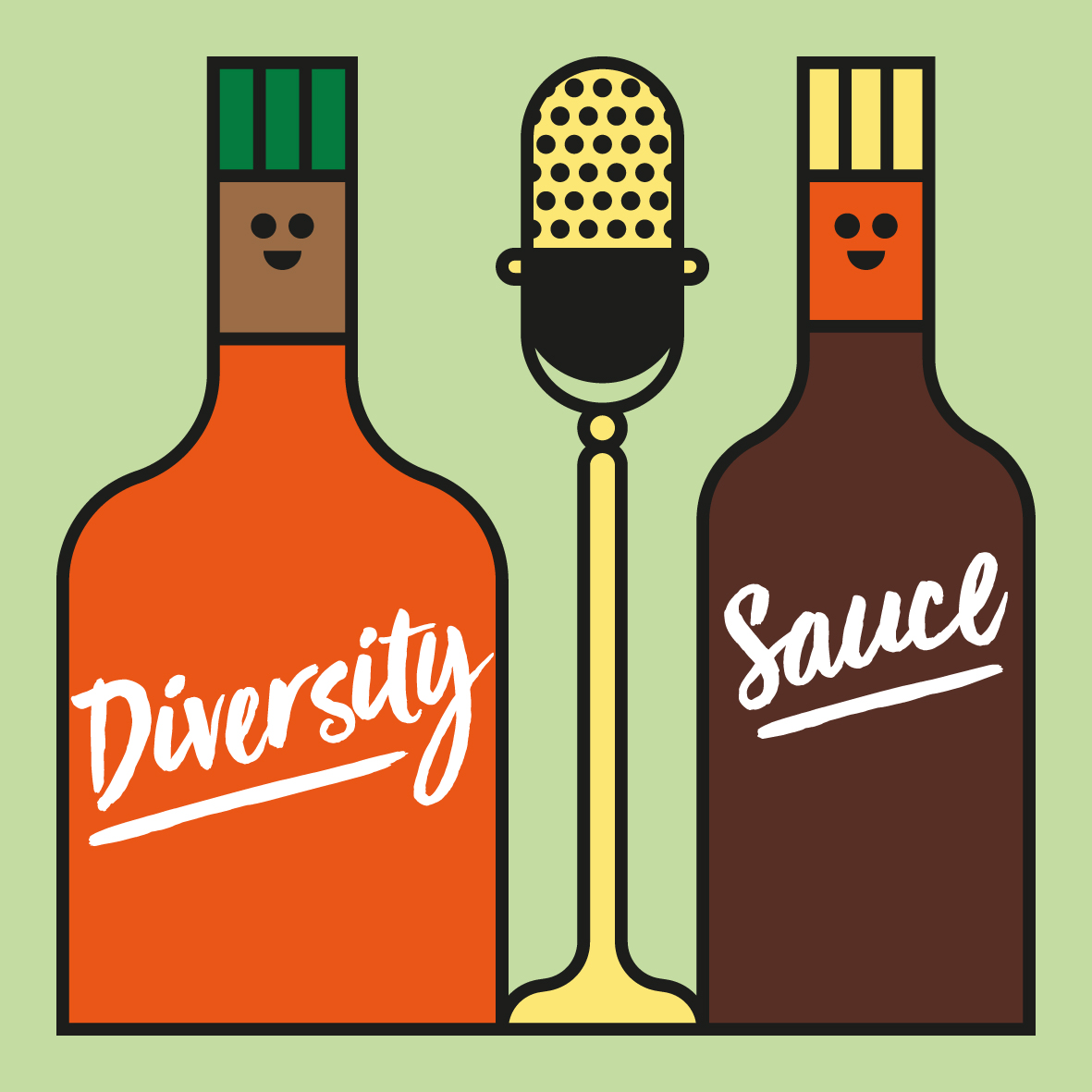 In his new podcast series, No Such Thing, host Marc Lesser surveys the current landscape of digital learning through lively interviews with students, practitioners, researchers, and more. To learn more about the show, we asked Marc to share how NST got its start—along with a few highlights from recent episodes.
In his new podcast series, No Such Thing, host Marc Lesser surveys the current landscape of digital learning through lively interviews with students, practitioners, researchers, and more. To learn more about the show, we asked Marc to share how NST got its start—along with a few highlights from recent episodes.
Thanks for taking the time to speak with us, Marc! First off, can you tell us more about your background in the digital learning space?
Currently I’m the Senior Director of Learning Design at Mouse, a youth development nonprofit that empowers students to create with technology. I’m also the Youth Studies Fellow at the City University of New York (CUNY) and co-founder of Emoti-Con NYC, New York’s biggest youth digital media and technology festival.
What was your inspiration for creating No Such Thing?
I set out to produce a new podcast with a focus on digital learning for a few simple reasons. For starters, there’s not enough media out there that’s focused on this field. Digital learning is trans-disciplinary and trans-contextual, yet most of the media available to practitioners is focused on K-12 #edtech or occasionally “after-school.”
I’ve also noticed that, in general, podcasts rarely lift up the work of informal practitioners and organizations that, working alongside colleagues in classrooms, museums, and parents, are helping carve out new innovation in digital learning. These leaders are vital in shaping how young people learn and develop a sense of identity across a multitude of digital environments.

Finally, industry-oriented media is too often lacking the voice and perspective of end-users. We hear from academic researchers, educators, and policy-makers about what’s best for youth, but rarely do young people have a seat at the table. I feature youth voices prominently across my interviews as a way to flip the existing pattern on its head—too many decisions about what matters most rest solely with the adults in the room. No Such Thing provides a platform to highlight new perspectives and diverse voices in relation to learning with technology.
How did the podcast get its name?
In the ’80s, Richard E. Clark at the University of Southern California set off a pretty epic debate based on his statement that, “media are mere vehicles that deliver instruction, but do not influence student achievement any more than the truck that delivers our groceries causes changes in nutrition.” His words frequently ring in my ears when I’m tempted to take things at face value, asking myself, “Is it the method, or the medium?” The ice cream truck that’s featured in our logo is one nod to Clark.
The podcast’s name, No Such Thing, has a few meanings. Mostly, it emphasizes the importance of asking hard questions as we’re developing and documenting the narrative around “education” in the United States. Clark’s question seems to be whether or not there’s such a thing as learning from new technologies. For others, the big question may be whether there’s a panacea for the challenges faced in the digital learning field. Whatever the question we choose to examine, I hope it’s a reminder to keep asking yourself, your students, and others, what’s working—and how.
What can people expect from the podcast? Any highlights to share so far?
No Such Thing goes way beyond “Ed Tech” to cover digital environments and socio-cultural perspectives—how the zeitgeist intersects with youth development and learning. Episodes range from short “PowerUp” episodes to longer-form interviews that can be 60 minutes or more. I try and keep it lively with cut scenes or segments separately produced, and generally we try and dig into the areas of digital learning that are relevant today.
The pilot episode features three young people who share their experiences with digital learning programs in the New York public school system. In another recent episode, I talked with Matthew Farber and Alex Fleming how designing games about real world issues can teach students empathy, systems thinking, and design thinking. I also had a great conversation with game designer, professor, and researcher Naomi Clark on games and gender, gamification, and whether game design should be part of the humanities.
To learn more about the podcast, visit the No Such Thing website. You can listen to No Such Thing on iTunes, GooglePlay, or wherever you download podcasts. Get in touch with Marc on Twitter @malesser.




